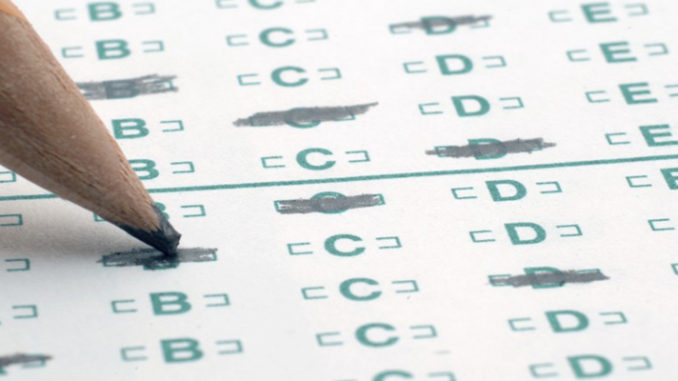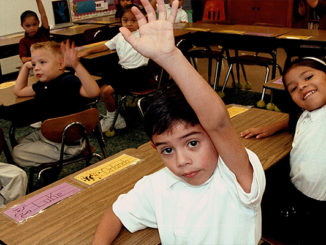
So I watch with interest as the University of California faces a new lawsuit brought by the Compton Unified School District, six advocacy organizations, and four student plaintiffs, who claim that requiring applicants to submit SAT and ACT scores discriminates against black and Latino students and those with lower incomes. They want the vast, influential UC system to drop the tests as an evaluative tool, going beyond test-optional admissions policies adopted by more than 1,000 universities nationwide.
The plaintiffs are right. It’s time to ditch these exams if we care about diversity and providing those from underrepresented backgrounds in academe a fair shot at higher education. Even discounting the cheating involved in the college admissions scandal, it’s clear that wealthy, sophisticated parents can give their children a lawful advantage by paying for test coaching or helping secure special accommodations, such as extra test time.
No perfect metric exists, and the affluent will always have a leg up. But the least we can do in admissions is use an evaluative tool more closely correlated with academic success in college, such as high school grades, instead of relying on a high-stakes exam that disadvantages students without the social capital or economic resources to excel.
Like the students in the UC lawsuit, I faced hardships that didn’t help my scores. My family’s low income made me eligible for a fee waiver for the exam, but we couldn’t afford adequate heat in our house, let alone my school-sponsored test prep course or other tutoring. I prepared with a used Barron’s SAT prep book and handmade flashcards, and racked up lackluster practice test scores. That year, my mother died, leaving a raft of medical bills and upending family life. I made it to the exam only due to the kindness of a neighbor, who gave me a ride to the test site.
I scored much more poorly on the SATs than anyone who saw my straight-A report cards (11th in a class of 611) would have expected.
My SAT score wasn’t just embarrassing — it had consequences. I didn’t even consider applying to more than three schools. I missed out on a generous merit-based scholarship at the university I attended, which required a 1200. Later, when I applied for a master’s degree, I avoided programs that required the SAT-equivalent exam for graduate school, the GRE.
But the SAT shouldn’t have mattered that much. Research has shown that such scores have little correlation with a student’s future academic performance; high school GPA is the most consistent predictor of college grades and likelihood of graduation. Again, my trajectory makes the case. In college, I made the dean’s list for four consecutive years, graduated summa cum laude, received a competitive fellowship to an Ivy League MFA writing program and eventually earned a PhD in sociology. When I had no choice but to take the GRE to apply for doctoral studies, my score was just 30 points higher than my SAT, despite my achievements in the 10 intervening years.
And please note: This year the Educational Testing Service, which helps develop and administer the SAT, sought my permission to reproduce one of my published essays in their test materials. Apparently I have enough talent to help write the exam but not the right skills to ace it.
My skepticism about the value of standardized test scores only grew once I became a university professor. Some of my most rewarding experiences have involved working with students like myself, diamonds in the rough with potential, as well as those fiercely determined students who struggled but improved through hard work.
I’ve found these are the characteristics that give results: curiosity; persistence; comfort with seeking help; openness to feedback; willingness to put in the time and effort to improve; humility; classroom engagement; and attentive listening. I doubt any single exam can measure these attributes. And I believe the high school record provides more insight into a student’s abilities than the snapshot of a timed test.
College remains the most reliable path of upward social mobility for many Americans. My own story is evidence of the life-changing possibilities of higher education. We have a moral obligation to continue to extend this opportunity to the most people possible. Ridding college admissions of this biased screening tool will help further this goal.
I often joke that these days that, given the competition, I probably couldn’t gain admission to the schools I’ve attended. I hope I’m not right.
Stacy Torres is an assistant professor of sociology at the University of California at San Francisco.
.



